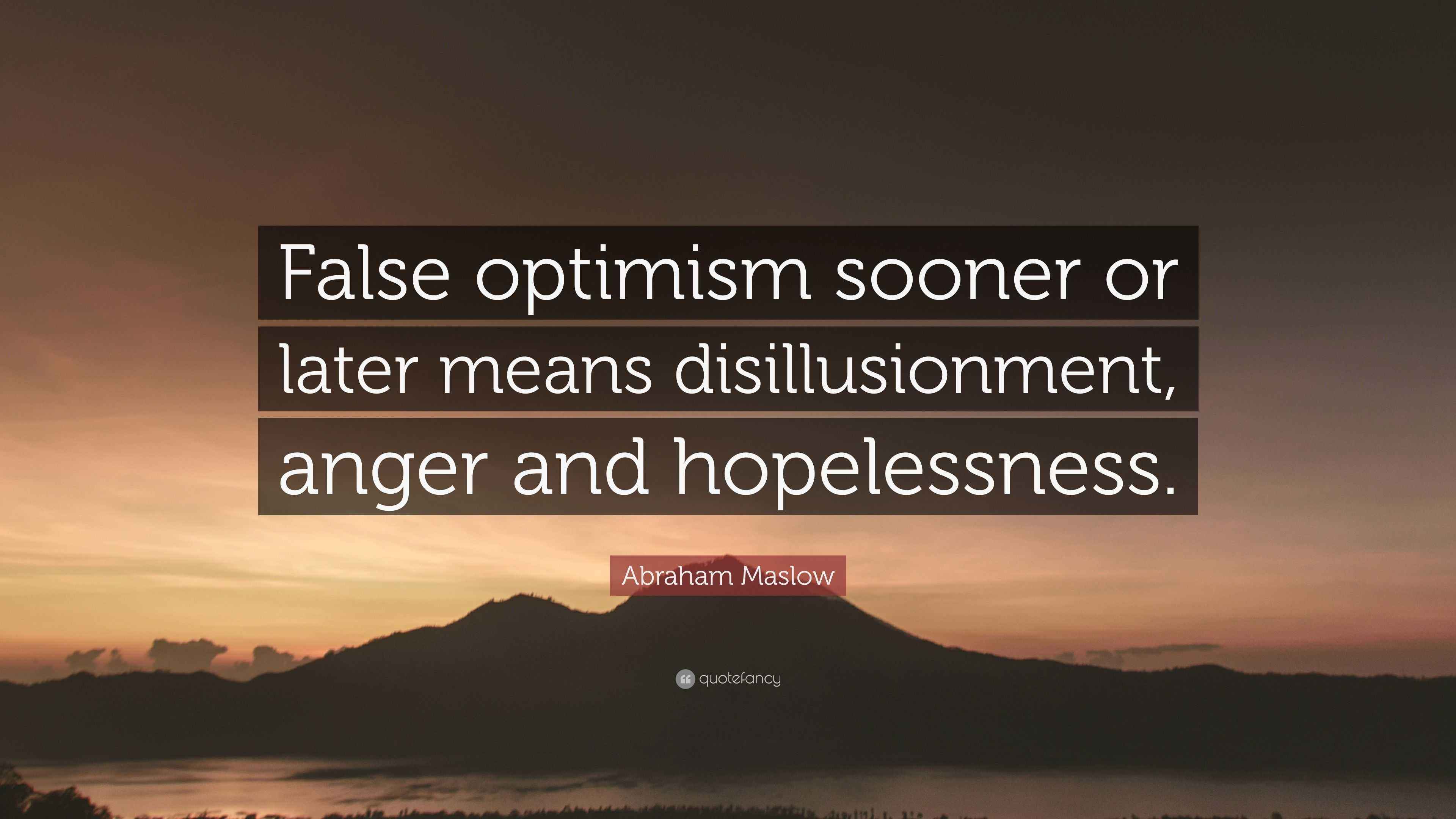
The authors examine the Bosnian crisis of 1908-09 to illustrate their logic. However, the results may in fact be understated because the alliance dataset does not include unknown secret alliances or public alliances with secret provisions.

As is the case with any study, these findings are associated with several limitations and caveats. The results substantiated their baseline hypothesis: with all other factors held constant, mutual optimism increased conflict likelihood from 2.7 percent to 4.3 percent and shifted the sum of the two expected probabilities of victory from 0.8 to 1.3 increased conflict likelihood from 2.6 percent to 3.1 percent. They proposed several models and ran statistical tests to explore whether secret alliances create mutual optimism.

Bas and Schub included the relative power of the two initiating states, their proximity, their regime types (using Polity IV scores), and any preexisting alliances in their analysis. Other factors may also help to explain the relationship between mutual optimism and conflict. While the sum of these probability estimations theoretically equals one in the absence of a secret alliance, it is greater than one when secret allies are present, suggesting that the states have mutually optimistic views. The same steps are simultaneously followed by State B, and based on these estimates, both states gauge their respective probabilities of victory in a conflict. State A then surmises the secret capabilities of the opposing alliance. State A must also estimate the CINC scores for State B and its public allies. State A’s calculation includes its own CINC score, as well as its secret and public allies’ scores, provided that these allies do not share alliances with State B. Finally, the Militarized Interstate Dispute (MID) onset data was utilized to determine whether a dispute was in its initial stage, and whether the states were the originating parties of the dispute.įigure 1 provides an illustration of these concepts. Additionally, they measured private information on secret alliances using the Alliance Treaty Obligations and Provisions (ATOP) data set, which indicates whether alliance provisions are secret.

Bas and Schub used the Composite Index of National Capabilities (CINC) score as a measure of states’ capabilities. Based on these approximations, the states calculate their chances of victory. Each state then considers its opponent’s capabilities and possible unknown allies. The authors hypothesized that this mutual optimism increases international conflict because it can lead to varying perceptions about the prevailing power balance between states.ĭuring a two-state bargaining process, each state reflects upon its own capabilities, including potential support from secret allies. In Bas and Schub’s model, mutual optimism occurs when one state expects an opponent to be weak, when in fact secret alliances make it stronger than anticipated. Thus, the role of mutual optimism as a potential catalyst for international conflict was tested, treating secret alliances as private information about a state’s capabilities. Unaware of these private alliances, which are based on undisclosed yet credible, formalized commitments, states harbor mutually optimistic perceptions about relative military capabilities, thereby influencing their decision to wage war. However, a recent study conducted by Muhammet Bas and Robert Schub focused on a rational source of mutual optimism: asymmetric private information about third-party secret alliances in military confrontations.

This mutual optimism theory of war is difficult to empirically validate because levels of optimism are often insufficiently or incorrectly inferred after a war has taken place, and it is challenging to validate those inferences. As a result of such underestimations, states risk embarking on unnecessary wars against seemingly weak opponents. Countries are generally incentivized to misrepresent their own strength and capabilities, and such stratagems to retain advantage during military bargaining may lead to mutually optimistic perceptions: each state believes it is more powerful than its opponent. Differing estimates and perceptions of opponents’ power may increase the likelihood of war.


 0 kommentar(er)
0 kommentar(er)
